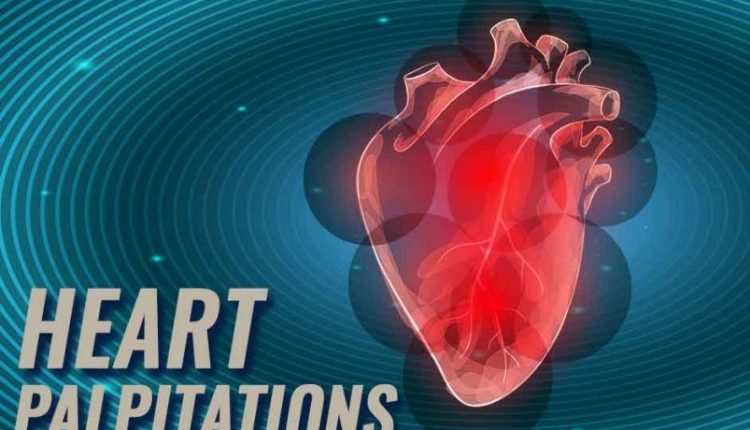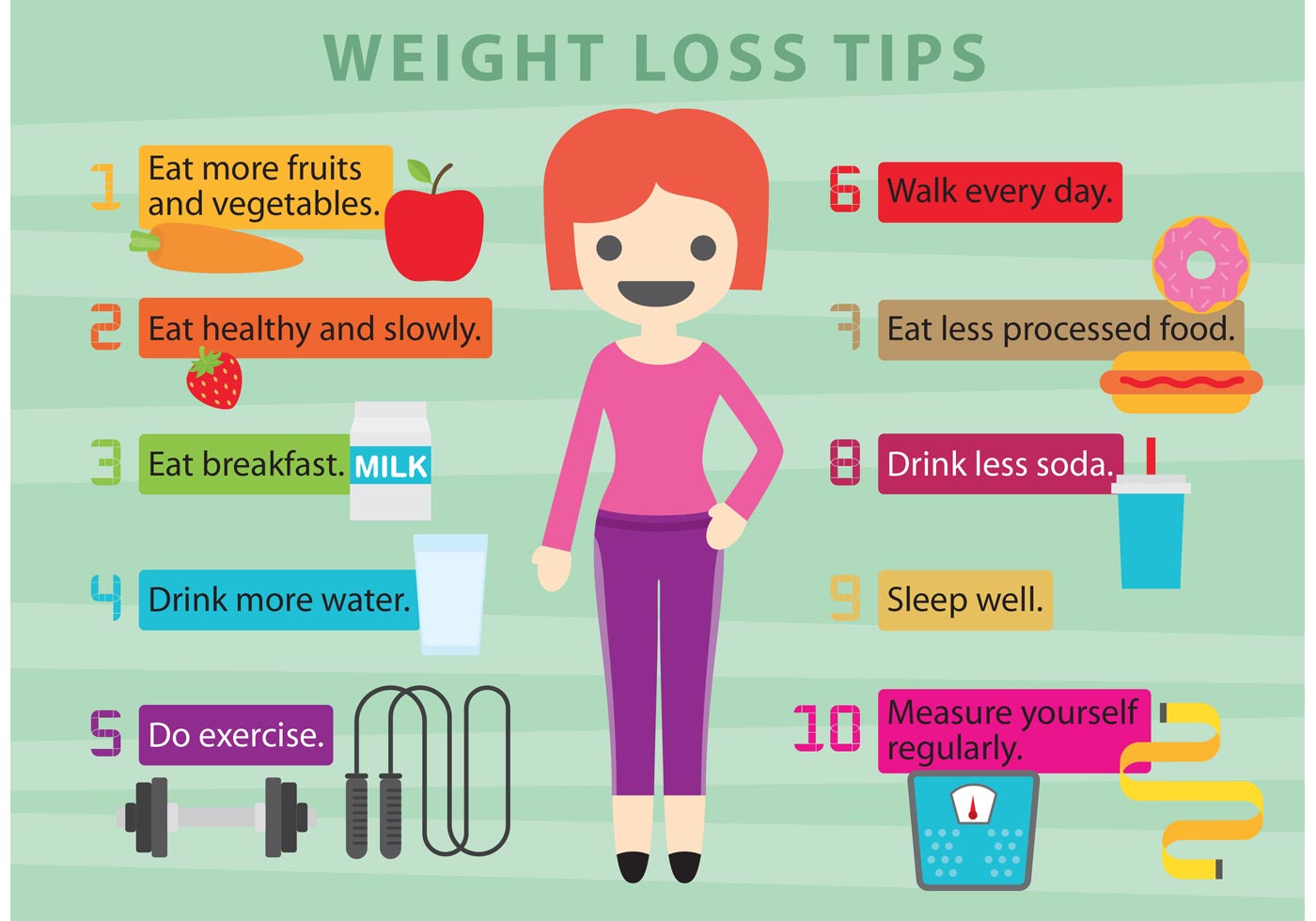
Have you ever laid down at night, hoping to get some rest, but were very aware of your heartbeat? Maybe it feels like a drumming, rapid beating, or even skipping, and it feels strange. This feeling of a misplaced heartbeat or “flipping” inside your chest is called palpitations. Most people feel this way sometimes and it can really keep you from sleeping soundly. It can be just a little bit bothersome or it can make you feel really scared.
Cardiologists totally understand this feeling. Doctor Elizabeth Klodas mentions that even healthy people’s heartbeats aren’t always perfect. She explains that if a monitor looks at the heart of a healthy person for a long time, all of them will experience extra beats. In addition, there will be premature beats and short periods where the heart beats faster than normal. The big difference is whether people notice these beats or are completely unaware of them.
So why are some people more likely to feel these small changes in heart rhythm than others? These small issues are part of the normal workings of the heart, but there are some things that can make them happen more often. These are usually related to lifestyle habits, where you live, or your physical state. When you feel this way, especially at night when there isn’t much to distract you, your body may be sending messages. Understanding what these signals mean is important for heart health.

A very common time to notice a heartbeat is when you are sleeping at night. Lying in bed and sleeping reduces the stimulation of all outside things to you, and without your daily activities and hurried feet, your mind becomes calmer and therefore your body feels more intense. This includes your heartbeat. The absence of distractions is the main reason why you may feel your heart beating in your chest when you lie down.
More things related to bedtime can make your heart feel faster or thumping. These are usually related to nighttime habits. Fortunately, you can fix a lot of these problems with simple life changes.Dr. Klodas says that if your heart rate is consistently high while you’re trying to fall asleep, knowing the causes can help stop that intense pounding sensation.
Experts point out a few common causes of this problem. What you eat late at night has a big impact. Late night caffeine consumption is a well-known cause of cardiac arrest at night. Caffeine acts as a stimulant that makes the heart contract more. In addition, eating before bedtime raises the sugar level in the blood. The body is less able to digest food at night, and high blood sugar alters heart activity. Drinking coffee or eating a large meal late at night may be the reason your heart is so active at night.
Smoking and drinking alcohol can also cause problems. Both can make your heart beat faster and cause palpitations. Smoking or drinking alcohol before bed is likely the cause of the strange feeling in your chest. Quitting smoking or drinking less alcohol can help lower your resting heart rate and greatly reduce palpitations.

Oddly enough, if you feel palpitations at night, your lying position can change. Lying flat on your back may change the pressure in your body, making it easier to feel this sensation. Lying on your left side may also make it easier for you to notice the palpitations because your heart is closer to your chest wall. If your heart beats harder in a certain position, trying to roll over or change your sleeping position may make the feeling go away.
Stress, worry, and other matters of the heart are the main reasons why your heart races during sleep. Sudden strong feelings (such as anger) and chronic problems (such as low mood or general stress) can turn on your body’s fight-or-flight mode. This can cause your heart to race. Sometimes heart palpitations are accompanied by headaches or jaw pain. If you start ruminating in bed, this feeling can cause physical symptoms in your chest.
Dealing with stress also helps your mind and heart. It is well known that prolonged periods of stress and worry can be a serious health hazard. They increase the chances of developing heart disease. Therefore, it is important to find good ways to reduce chronic stress and worry.

Another surprising but significant contributor to how your heart feels at night is not drinking enough water. The relationship between hydration and heart rate is very direct. The heart is working all the time, pumping blood everywhere. Drinking enough water makes it easier for the heart to do this job. Without hydration, the blood becomes sticky, forcing the heart to work harder to deliver it. This harder work manifests itself as a faster heartbeat.
Cao This goes some way to explaining why drinking alcohol makes the mouth dry and the heart beat faster. In addition, electrolytes are important for heart rhythm control. When dry, the body has a hard time keeping electrolytes balanced, which affects the heartbeat even more. Drinking enough water during the day, especially if you’ve had caffeine or alcohol, can help alleviate dehydrating heart palpitations.
Lack of sleep is another cause of stress on the mind and body, including the heart. Consistently getting too little sleep can raise your heart rate, and the inability to sleep has been linked to heart disease risk. Focusing on sleep and addressing issues that get in the way of rest, such as relaxing before going to bed or getting treatment for sleep apnea, will lead to a healthier heart rate.

A healthy weight benefits the heart and affects the heart rate. It is well known that excess weight can potentially lead to a fast heart rate, known as tachycardia. The heavier the weight, the harder it is for the body to move blood, especially in people with less muscle, says doctor Tamanna Singh. Losing weight can help lower your heart rate. Focusing on your health by exercising, drinking water, reducing stress and getting a good night’s sleep can also help reduce weight and benefit the heart.
While feeling a heartbeat often means you can change something innocuous, it’s important to know that these feelings are sometimes a sign of a medical problem. It may be normal for your heart to beat from time to time. However, if you’ve just started having palpitations, or if they persist even after addressing common issues like water, stress, and caffeine, see your doctor. It always pays to get it checked out.
Related posts:
Echocardiogram
Could You Have AFib and Not Know It?
High Resting Heart Rate? Here’s How To Slow It Down




